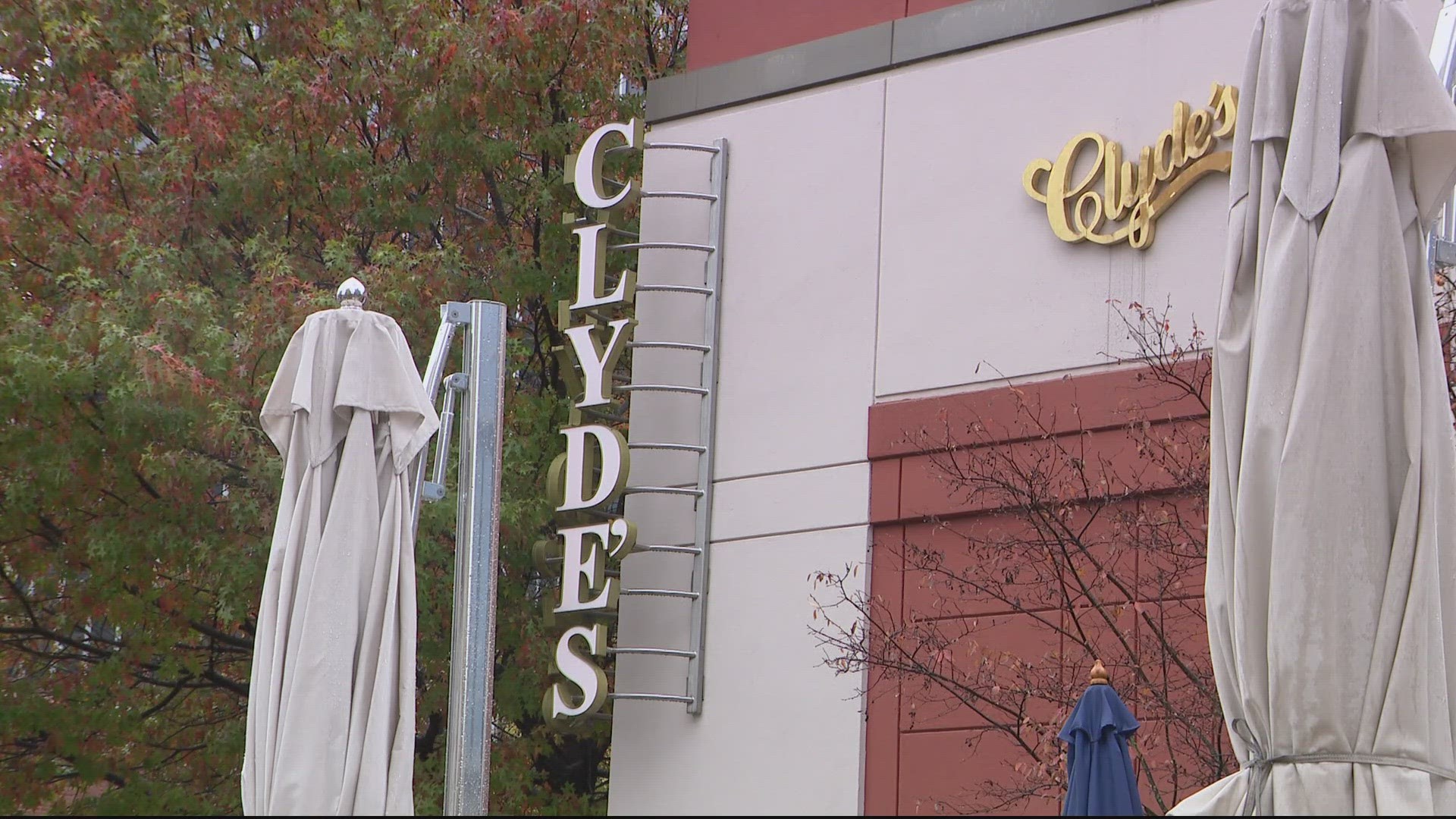WASHINGTON, D.C., USA — At Penn Quarter Sports Tavern in downtown DC, customers will see not one, but two surcharges on the bill.
The first is a 6% service fee to offset rising wages due to the “DC Minimum Wage Act” or Initiative 82, which is incrementally raising the tipped minimum wage to more than $17 an hour. The restaurant also added a new surcharge that is becoming more common around the District.
A 3% fee just for using a credit card.
“It just costs more to operate a restaurant these days,” said Shawn Townsend, President & CEO of the Restaurant Association of Metropolitan Washington, which represents the interests of the restaurant industry.
Townsend said every time a business swipes a credit card, they’re charged a 3% processing fee. And with rising inflation and labor costs, Townsend says some restaurants are now simply passing that entire fee onto customers.
“Some of the chatter I see out there is well, why don’t restaurants just raise their prices,” Townsend said. “We’ve done that. A lot of places have already been raising prices since the pandemic happened.”
But many customers are fed up with all the fees. And now a consumer protection non-profit named Travelers United is trying to take a stand. The group is suing one of DC’s oldest and most successful restaurant groups, Clyde's, for the fee it’s been tacking onto bills. Clyde’s fee is labeled a “2023 surcharge” on the menu.
“You can’t charge a fee and say that you are charging a fee because it’s 2023,” said Travelers United Attorney, Lauren Wolfe. “That’s not allowed.”
Wolfe believes Clyde’s is in violation of the DC Consumer Protection Act, which says restaurants have to clearly disclose surcharges on the menu, and says Clyde’s isn’t the only one violating the law.
“Clyde’s is one of many restaurants across the city that has fees that are truly, who knows what they’re for,” Wolfe said. “They're a way to deceive the consumer.”
Clyde’s Chief Operating Officer Kevin Keller said he believes the surcharge explanation - which cites “high inflation, rising wages and supply chain challenges” – is clear and does not violate consumer protection laws.
“Our goal was always to be transparent with our guests with the hope of removing the surcharge in the future as conditions improve,” Keller said. “Or, making the difficult decision to add it into our permanent pricing.”
The DC Attorney General’s Office, which enforces consumer protection laws, told WUSA9 they aren’t involved in that lawsuit against Clyde’s so they can’t comment.
A spokesperson for the AG’s office did say the consumer protection law applies to credit card surcharges in the same way as other surcharges customers have been seeing.
All surcharges, whether it’s to offset Initiative 82, or credit card fees, need to be disclosed in a timely, prominent, and accurate fashion. If they’re not, send tips or complaints to the AG’s consumer protection hotline at 202-442-9828.

